My rose is dying please help!
Alisha Malik
8 years ago
Featured Answer
Sort by:Oldest
Comments (44)
Related Discussions
My 4 rose bushes are dying - HELP!
Comments (6)Why did you get them so early? Roses are not indoor plants. You should have waited until this spring when you could plant them outside. Indoor heated air is dry and pulls moisture out of the canes. That's why when planting bare root roses outdoors it's advised you hill soil over the canes until new growth appears. Unless you can move them to a greenhouse where they'll get humidity and the conditions are more like outdoors, I doubt they'll survive. Two months ago means you got them the first of December, way too early in your zone 5b. I suspect Palatine shipped them because they thought you were going to plant them outdoors. Normally they don't ship to zone 5b until spring unless requested to do so....See MorePlease suggest why my rose is dying
Comments (5)Your photo doesn't have the sharpest detail, but here's what came to mind: From your photo, your rose doesn't look half bad. Some of the leaves show pale yellowish mottling, which could be a sign of spider mites. To check for mites, take the plant into the sun and turn the yellowish leaves over to look for tiny specks. Rub the back of the leaf lightly with the tip of a pencil and see if any critters start moving around. If you do find mites, wash the leaves with a stream of water. Your rose looks small enough that you could cover the soil with newspaper, then hold the bush upside down under a stream of water. Wash the leaves every day for 3-4 days and the mites will be gone. Although, if they return, you'll have to repeat the treatment. How do the canes look -- green, yellow or dying back from the tips? Some extra TLC might help your rose -- liquid seaweed, Superthrive, Espoma Bio Start, Mykos, among other root and plant stimulants might help it establish a good root system. What kind of soil did you plant it in? A potting soil such as Miracle Gro or Fafard are pretty good. Soil from the garden is usually too heavy and prone to compacting....See MoreMy rose bush looks like it's dying. Help please
Comments (24)How much water is it receiving? Looks healthy fo me. Look on underside of yellowing leaves for any black dots, which could indicate the start of a fungal disease called black spot. You can remove those leaves & any fallen leaves below the rose. to prevent the spores from reinfecting the plant. Also apply mulch around your roses. This helps prevent fungal spores found naturally in the soil from splashing upward when it rains or you water. The mulch also acts as a weed block and decreases watering requirements by keeping the soil below moist. Use about a 3” layer. Don’t pile the mulch against the canes either....See MoreDesert rose dying please help
Comments (10)The ingredients for the gritty mix can tough, but if you put some time in, you'll find it. Turface MVP can be found at turf places; places that deal with and/or sell equipment/services dealing with anything turn related, like golf courses, school athletic fields, etc. If you live in an area with either of the two, then there is a place that fits the bill. You can also go to Napa, and get the floor dry stuff that is an equivilant. For the grit, I went to a local farm/big box store (Fleet Farm) and they had plenty of the #2 Cherrystone. Pine bark fines can be tricky. I bascially sent emails to ALL local garden centers and nursuries asking about it. I had it the next day. If you truly want to have good success, you're going to have to try & find this stuff. To reitterate the words of Al (tapla), simply trying to "improve" an already bad soil is futile. The small particles in the bagged soil will make it impossible to improve. And yes, I agree that cutting some screen to put over the holes is a must. Aluminum screen works better then the plastic type. Joe...See MoreAlisha Malik
8 years agoAlisha Malik
8 years agoAlisha Malik
8 years agoAlisha Malik
8 years ago- Alisha Malik thanked meredith_e Z7b, Piedmont of NC, 1000' elevation
jerijen
8 years agohenry_kuska
8 years agoAlisha Malik
8 years agoAlisha Malik
8 years agoAlisha Malik
8 years agoAlisha Malik
8 years agoAlisha Malik
8 years agohturhill
8 years agoAlisha Malik
8 years agomsdorkgirl
8 years agohturhill
8 years agohturhill
8 years agomichaelg
8 years agocountrygirlsc, Upstate SC
8 years agohturhill
8 years agojacqueline9CA
8 years agodublinbay z6 (KS)
8 years agohturhill
8 years agohenry_kuska
8 years agomsdorkgirl
8 years agoMariana Rojo
8 years agokingcobbtx7b
8 years agohenry_kuska
8 years agolast modified: 8 years agokingcobbtx7b
8 years agoAlisha Malik
8 years agothonotorose
8 years agohenry_kuska
8 years agokingcobbtx7b
8 years agohenry_kuska
8 years agolast modified: 8 years ago
Related Stories

PETS6 Ways to Help Your Dog and Landscape Play Nicely Together
Keep your prized plantings intact and your dog happy too, with this wisdom from an expert gardener and dog guardian
Full Story
DECLUTTERINGDownsizing Help: How to Edit Your Belongings
Learn what to take and what to toss if you're moving to a smaller home
Full Story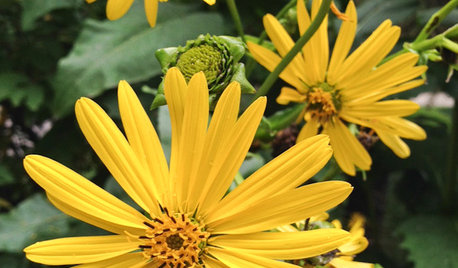
GARDENING GUIDESGreat Design Plant: Silphium Perfoliatum Pleases Wildlife
Cup plant provides structure, cover, food and water to help attract and sustain wildlife in the eastern North American garden
Full Story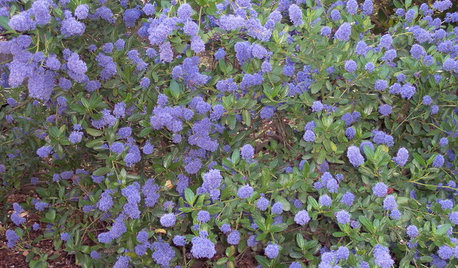
GARDENING GUIDESGreat Design Plant: Ceanothus Pleases With Nectar and Fragrant Blooms
West Coast natives: The blue flowers of drought-tolerant ceanothus draw the eye and help support local wildlife too
Full Story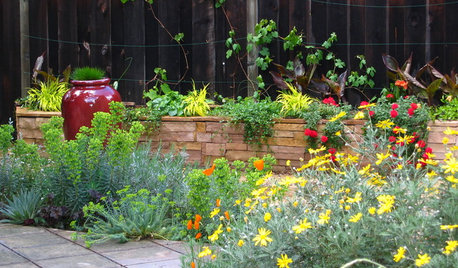
SUMMER GARDENINGHouzz Call: Please Show Us Your Summer Garden!
Share pictures of your home and yard this summer — we’d love to feature them in an upcoming story
Full Story
EDIBLE GARDENSAn Edible Cottage Garden With a Pleasing Symmetry
The owners of this cottage garden in Australia grow vegetables, herbs and fruit to delight their family and friends
Full Story
HOUSEPLANTSMother-in-Law's Tongue: Surprisingly Easy to Please
This low-maintenance, high-impact houseplant fits in with any design and can clear the air, too
Full Story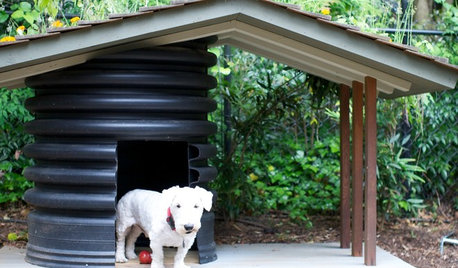
PETSHow to Help Your Dog Be a Good Neighbor
Good fences certainly help, but be sure to introduce your pup to the neighbors and check in from time to time
Full Story
ORGANIZINGHelp for Whittling Down the Photo Pile
Consider these 6 points your personal pare-down assistant, making organizing your photo collection easier
Full Story
BATHROOM WORKBOOKStandard Fixture Dimensions and Measurements for a Primary Bath
Create a luxe bathroom that functions well with these key measurements and layout tips
Full Story



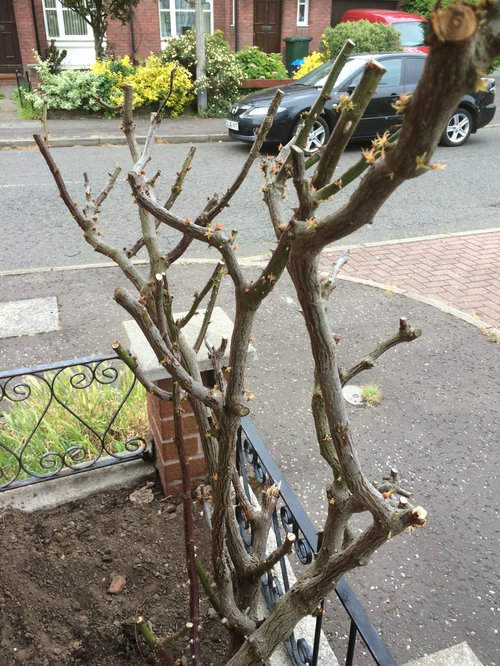
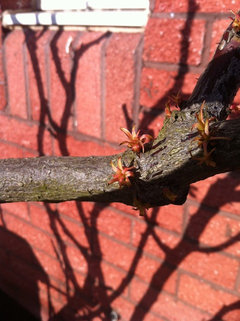
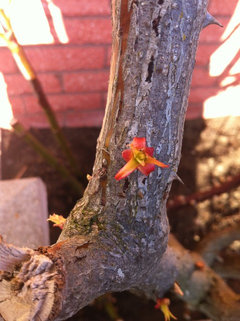
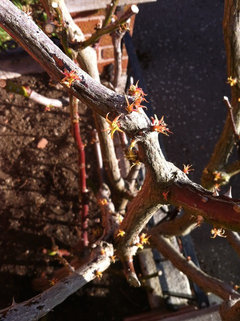
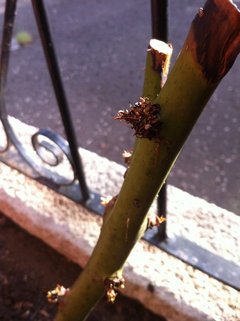

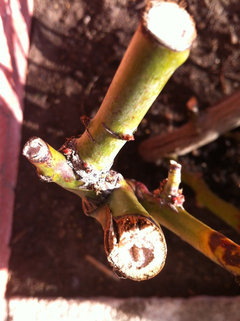
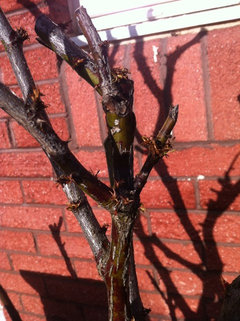
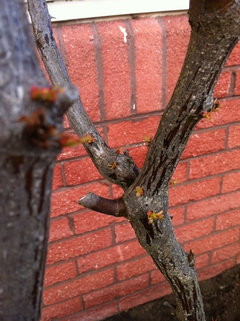
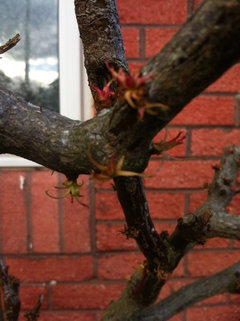
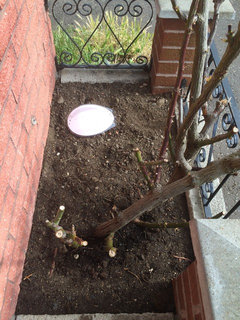

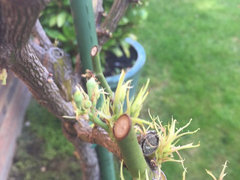
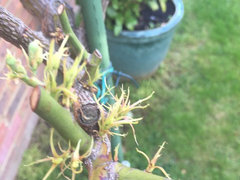
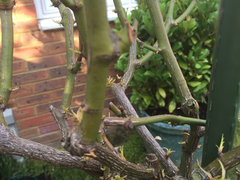
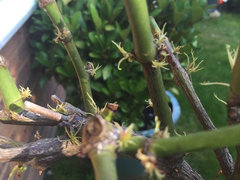



seil zone 6b MI